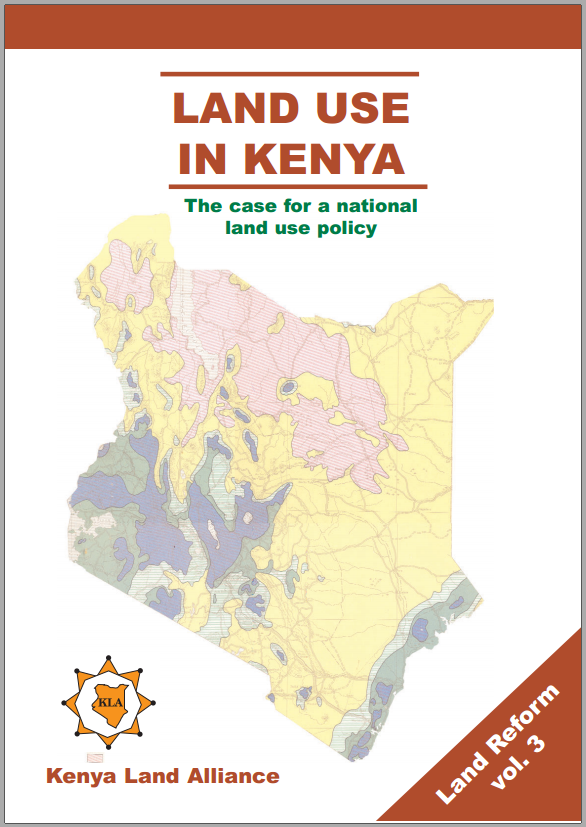Location
Mokoro is pleased to host the ’Land Rights in Africa’ site as a contribution to the land rights dialogue and related debates. This website was created in January 2000 by Robin Palmer, and was originally housed by Oxfam GB, where Robin worked as a Land Rights Adviser. A library of resources on land rights in Africa – with a particular focus on women’s land rights and on the impact of land grabbing in Africa – the portal has been well received by practitioners, researchers and policy makers, and has grown considerably over the years. Since 2012, Mokoro has been hosting and maintaining the site.
The views expressed on the Land Rights in Africa site as well as the publications hosted there, are those of the authors and do not represent those of Mokoro. Wherever possible, we link to the source website of publications.
Members:
Resources
Displaying 876 - 880 of 1134Gender and the Land Reform Process in Uganda: Assessing Gains and Losses for Women in Uganda
Land in Uganda is the core factor of production and one of the three basic resources, next to people and time. Women’s struggle for gender balance with particular regard to land is a direct result of the fact that their central role in economic development has not been recognised; tradition and customs (such as polygamy, bride wealth and succession) have deprived them of actual ownership of land.
Budgeting for land reform
The primary purpose of land reform in South Africa is to redistribute agricultural and other land to address the racially skewed pattern of landholding and promote development. Slow progress in land reform over the past decade underscores the urgency of finding ways to accelerate the process. The state has adopted a market-assisted approach to redistribution. This means that land is usually bought at full market price. In addition, substantial funding is needed for the implementation of the programme and for post-settlement support to beneficiaries.
Civil society and social movements: Advocacy for land and resource rights in Africa
Civil society formations in Africa have historically played an important part in the establishment of organising people in the pursuit of common goals. The majority of Africa’s people reside in rural areas where they derive their livelihoods from land, and for this majority secure access to land is the foundation of any efforts to alleviate poverty. Land reforms in Africa are at various stages of development in a number of countries, partly in response to pressures for liberalisation and privatisation from the World Bank and other like-minded institutions.
The context of land and resource rights struggles in Africa
Africa’s poor are heavily dependent on land and natural resources for livelihood, but some governments continue to resist transferring full resource management rights to them. This risks the loss or degradation of these resources, or their transfer into private hands. The continent’s development challenges are compounded by many factors, including unequal social, economic and political relations, the legacy of colonialism, globalisation, and collusive neo-liberal policy which favours capital and powerful allies.
The National Land Policy for Kenya: Critical Gender Issues and Policy Statements
Seeks to move the debate and stimulate discussion of issues relevant to women’s land rights and social security beyond the unfulfilled demands for gender responsive land policies and land legal framework. Covers land tenure and ownership, provisions in Trust Land, for inheritance, for succession and matrimonial policy, the impact of HIV/AIDS on women’s land rights, land redistribution and resettlement schemes, land markets, institutional arrangements, the envisaged legislative framework.




